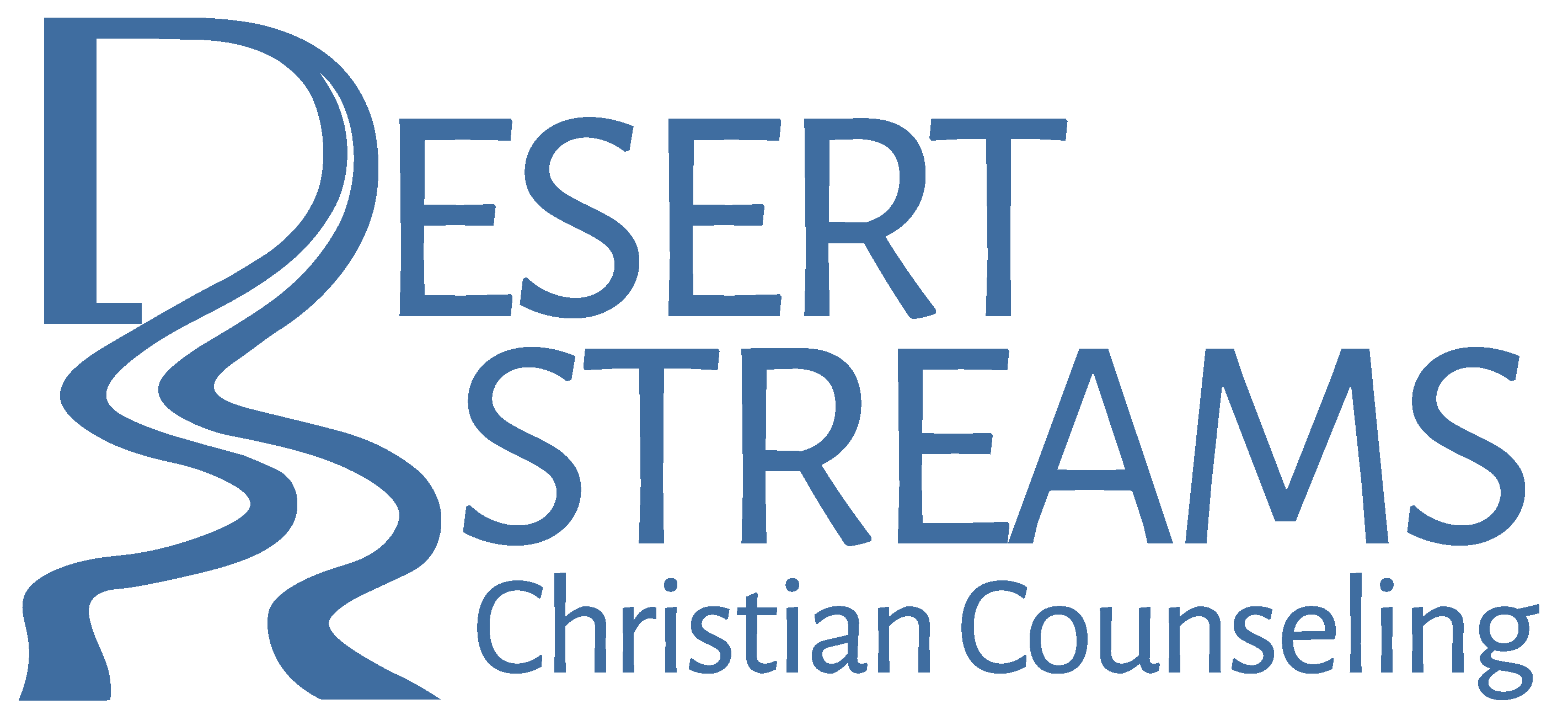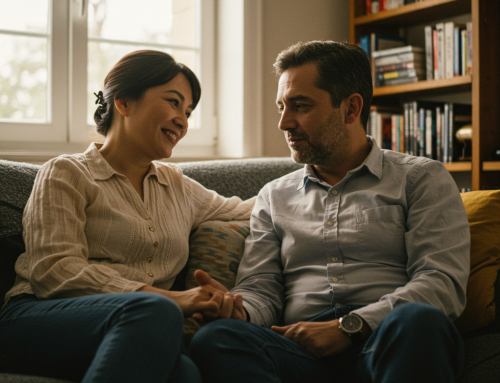In the fast-paced world we live in, feelings of anxiety have become increasingly common. Whether it’s triggered by work pressures, personal relationships, or societal expectations, anxiety can be a formidable adversary. However, armed with the right strategies, you can navigate through the turbulence of anxious thoughts and regain control of your life. In this blog, we’ll explore some of the best strategies for dealing with anxiety, drawing on principles from counseling and psychology to provide you with practical tools for achieving serenity.
Understanding Anxiety:
Before diving into the strategies, it’s crucial to understand what anxiety is. Anxiety is a natural response to stress, but when it becomes chronic and interferes with daily life, it may require attention. Common symptoms include restlessness, increased heart rate, excessive worry, and difficulty concentrating. Seeking professional help through counseling and psychology can provide valuable insights into the root causes of anxiety and tailored strategies for managing it.
Mindfulness Meditation:
One effective strategy for managing anxiety is practicing mindfulness meditation. This technique involves focusing your attention on the present moment without judgment. Mindfulness can help break the cycle of anxious thoughts and bring your awareness to the current reality. Apps like Headspace and Calm offer guided mindfulness meditations, making it accessible for beginners.
Cognitive Behavioral Therapy (CBT):
Cognitive Behavioral Therapy is a widely used therapeutic approach in psychology for treating anxiety. CBT helps individuals identify and challenge negative thought patterns, replacing them with more constructive and realistic ones. This evidence-based approach is often employed in counseling sessions to equip individuals with the skills to manage anxiety effectively.
Establishing a Routine:
Creating a structured daily routine can provide a sense of stability and predictability, which can be particularly beneficial for those dealing with anxiety. Ensure your routine includes time for self-care, work, socializing, and relaxation. Consistency in your daily activities can contribute to a more balanced and manageable life.
Physical Exercise:
Regular exercise has been proven to have positive effects on mental health, including anxiety reduction. Engaging in activities like jogging, yoga, or even a simple daily walk can release endorphins, the body’s natural mood lifters. Physical exercise not only improves overall well-being but also provides a healthy outlet for stress and anxiety.
Journaling:
Expressing your thoughts and emotions through journaling can be a therapeutic outlet for anxiety. Write down your worries, fears, and any patterns you notice in your thinking. Over time, this practice can help you gain insights into your triggers and develop a greater sense of self-awareness.
Conclusion:
Dealing with anxiety requires a multifaceted approach that combines self-help strategies with professional guidance. While mindfulness meditation, cognitive behavioral therapy, establishing routines, physical exercise, and journaling are powerful tools, seeking counseling and psychological support can provide tailored solutions and deeper insights into managing anxiety.
Remember, everyone’s journey with anxiety is unique, and finding the strategies that work best for you may take time. By combining these effective strategies and considering professional help when needed, you can embark on a path toward mastering serenity and reclaiming control over your life.
Photo by Engin Akyurt







